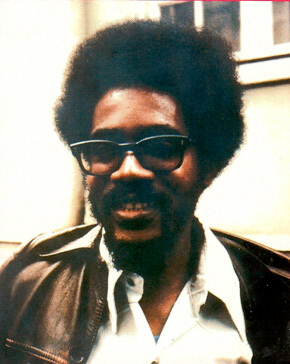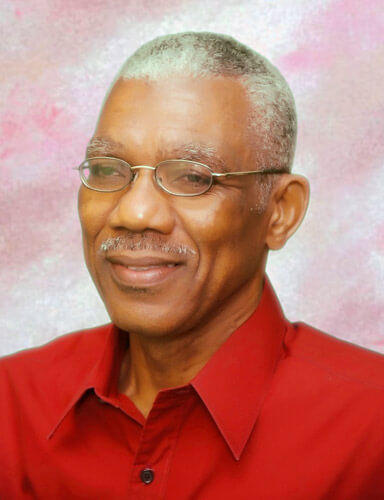A recent admission by the party of late world renowned historian Dr. Walter Rodney, that it stockpiled arms and other equipment for over a decade during its tense political battles with then head of government Forbes Burnham, is certain to reopen old political wounds and probably give the current main opposition party a chance to say its actions have been vindicated over time.
Dr. Rupert Roopnaraine, a co-leader of the Working People’s Alliance (WPA) that Rodney and other academics founded in the 1970s declared in a recent Sunday Stabroek newspaper article that the party is not now shy of admitting that it was preparing for a higher level of battle than political platform rhetoric, that it was exchanging with Burnhman’s then governing People’s National Congress (PNC) in the days leading up to Rodney’s assassination in the city in June 1980.
“We were accumulating weapons. We were accumulating equipment of various kinds. A certain amount of that was coming from the military,” Roopnaraine said in remarks covered in a recent documentary film, W.A.R Stories: Walter Anthony Rodney. The film was recently screened at the Theater Guild Playhouse in Georgetown.
Burnham’s PNC has always maintained that it had felt threatened by the very militant WPA during political clashes in the 1970s, with Burnham at one time declaring publicly that his party’s “steel was sharper” than the WPA’s, as it was then building a powerful multiracial coalition to get rid of a party that many felt had lost its way, had become insensitive and administratively dictatorial, similar to charges that are today being leveled against the governing People’s Progressive Party (PPP).
An improvised bomb concealed in a “walkie talkie” that was handed to Rodney by a military intelligence operative, severely damaged his upper torso, killing the beloved and well-respected academic on the spot near the main jail in south Georgetown.
His quantity surveyor brother, Donald, escaped death and exposed the story to local and international audiences, putting the PNC on the political back-foot from which it struggled for years after Rodney’s demise.
Rodney had authored several world-acclaimed books including, How Europe Underdeveloped Africa among others and had made a name for himself as a left-leaning academic in East Africa and the Caribbean, teaching revolutionary history before his demise at age 37.
The WPA immediately lapped the blame on the PNC, leaving it little wiggle room to defend itself or even explain the events that led to Rodney’s assassination.
Meanwhile, Rodney’s family and the Rodney Foundation have both said they disagree with some of Roopnaraine’s statement and some of the content of the film, whose production they admitted to being aware of.
“The Rodney family, in part, was interviewed during the earlier phase of the film’s research, but did not review, edit, accept or release the final product.
“The statements made by the family within the production are clear and limited in both time and context. The inclusion of interviews of the family does not infer, presume or conclude that the family concurs, agrees or otherwise supports the film, in part or in its entirety.”

























